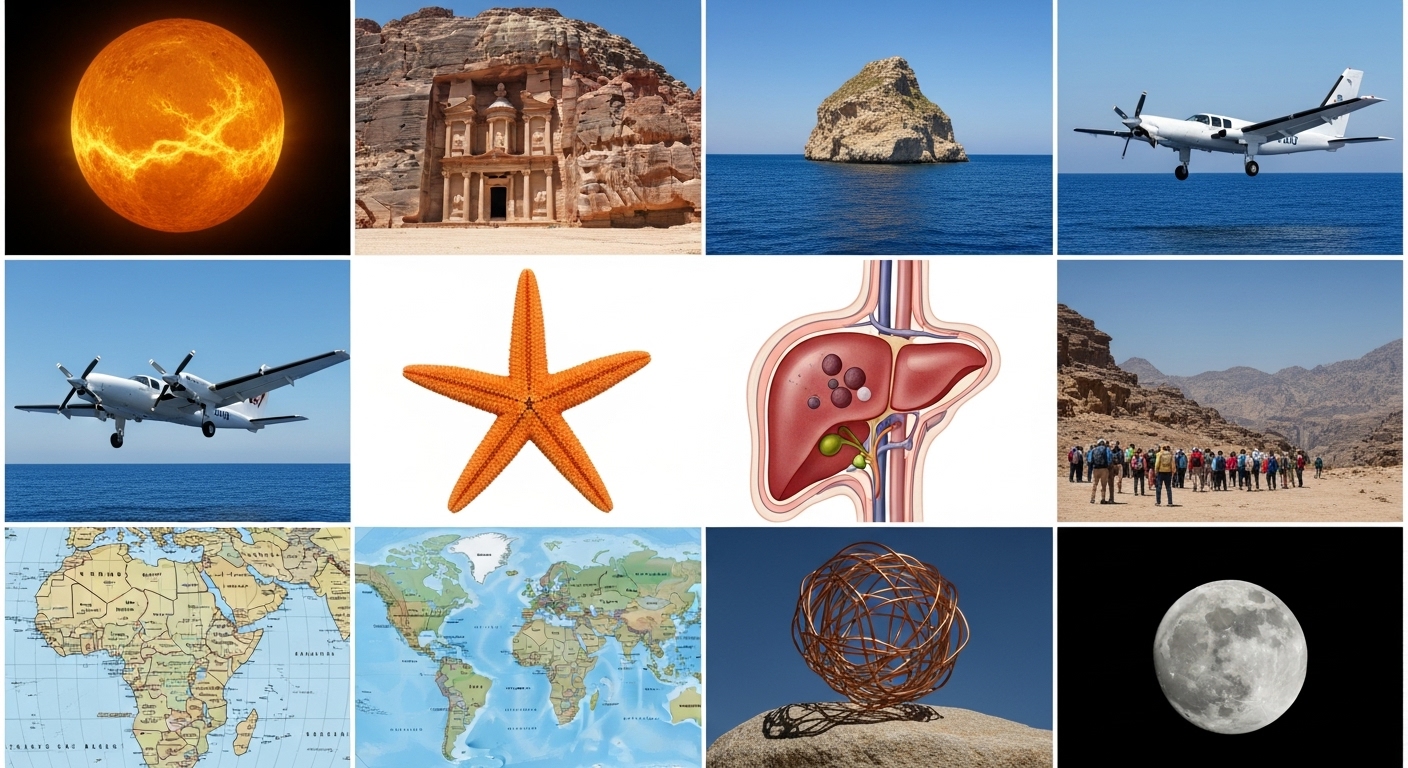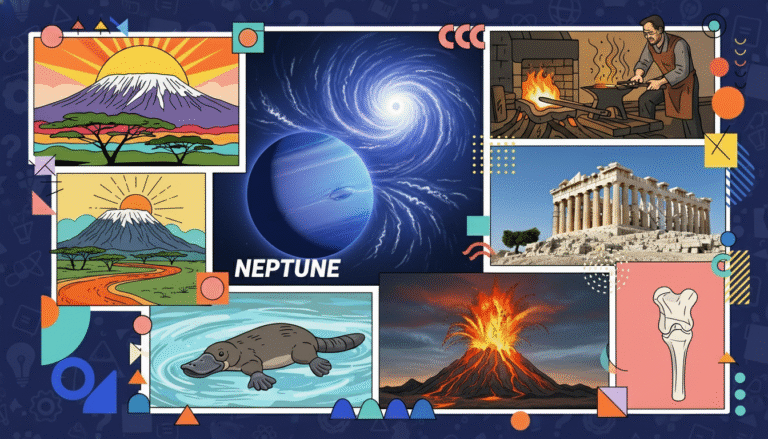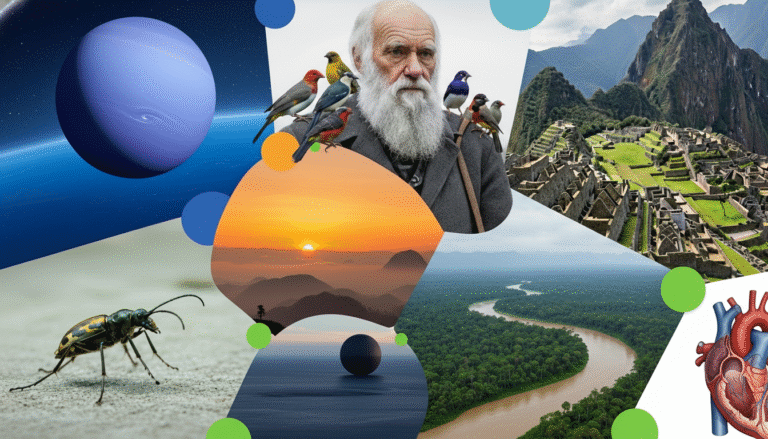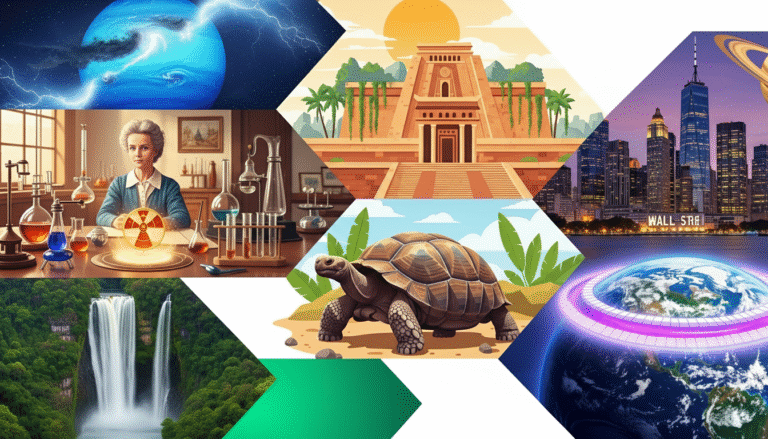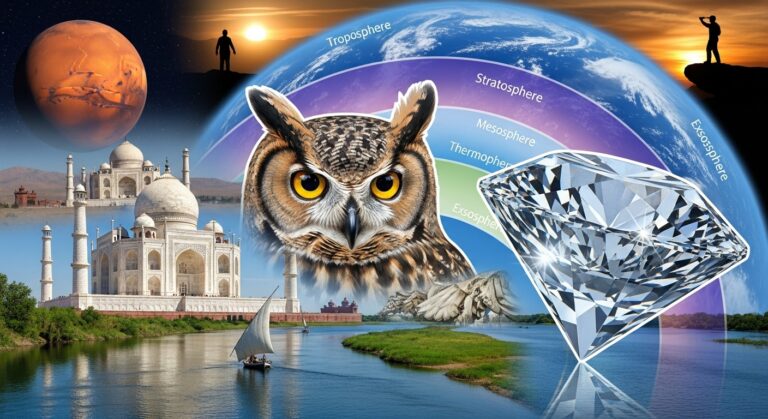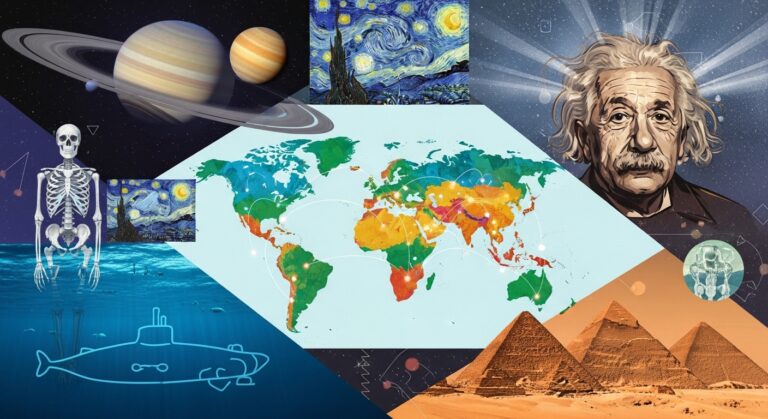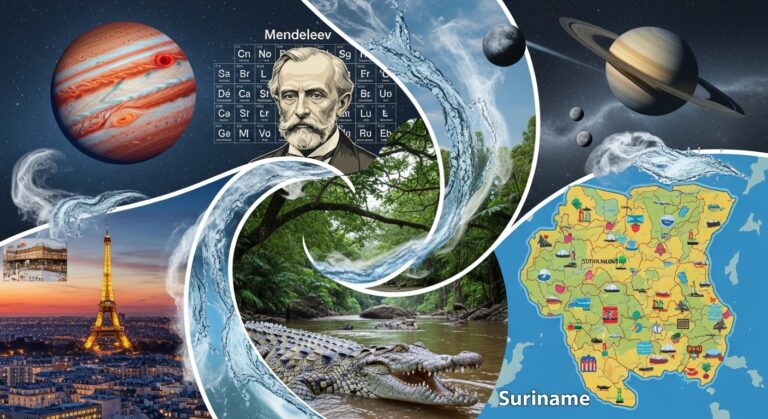A Simple General Knowledge Quiz You’ll Enjoy
A simple general knowledge quiz may sound basic, but it is one of the most effective tools to keep your brain sharp, active, and curious. Even straightforward general knowledge questions expose you to useful facts in science, history, geography, biology, and world culture. These small pieces of information form the foundation of your intellectual awareness.
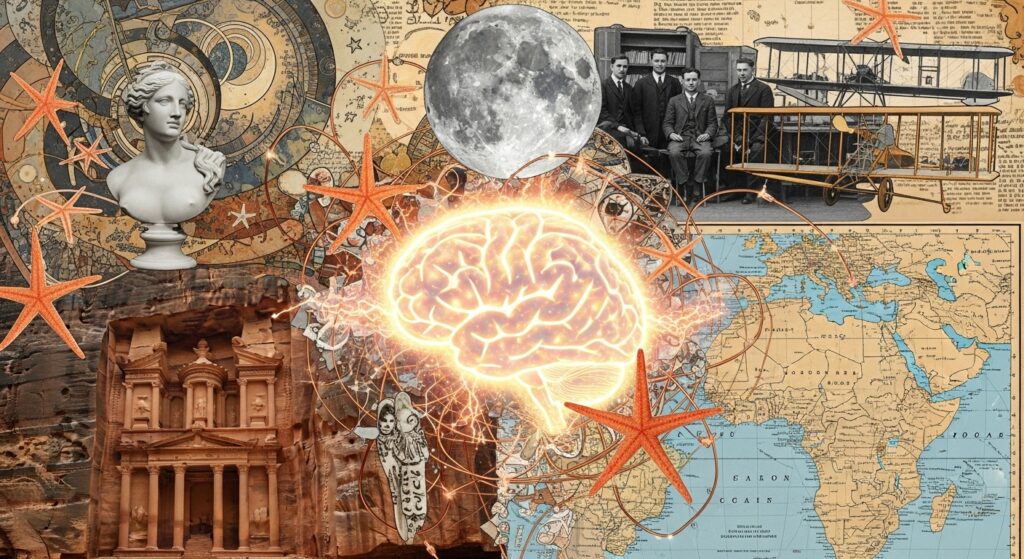
This quiz focuses on simple but essential facts everyone should know. In this article, we explain each question in detail so you not only remember the correct answers but also understand why they matter.
Venus: The Morning Star and the Evening Star
If you’ve ever gazed at the sky at sunrise or sunset, you may have seen Venus shining brightly. Venus appears so bright because its thick clouds reflect sunlight extremely well. It is the third brightest object in the sky after the Sun and Moon.
Venus is called:
- The Morning Star when visible before sunrise
- The Evening Star when visible after sunset
Its orbit brings it close to Earth, making it appear stunningly bright and easily recognizable.
[image prompt: bright Venus glowing near sunset horizon with golden sky]
The Wright Brothers and the Birth of Flight
Orville and Wilbur Wright achieved the first successful powered flight in 1903 at Kitty Hawk, North Carolina. Their aircraft, the Wright Flyer, traveled only 12 seconds on its maiden flight, but it changed the world forever.
Their innovations included:
- Wing-warping for control
- Lightweight but strong materials
- Internal combustion engines
- Aerodynamic designs
Modern aviation traces its origins directly to their work.
Petra: The Rose-Red City of Jordan
Petra is an ancient city carved into red sandstone cliffs in modern-day Jordan. It was built by the Nabataeans over 2,000 years ago and served as a major trading hub linking Arabia, Egypt, and the Mediterranean.
Famous features include:
- The Treasury (Al-Khazneh)
- The Monastery (Ad-Deir)
- A system of hidden water channels
- Tombs carved directly into cliffs
Petra is so iconic it was named one of the New Seven Wonders of the World.
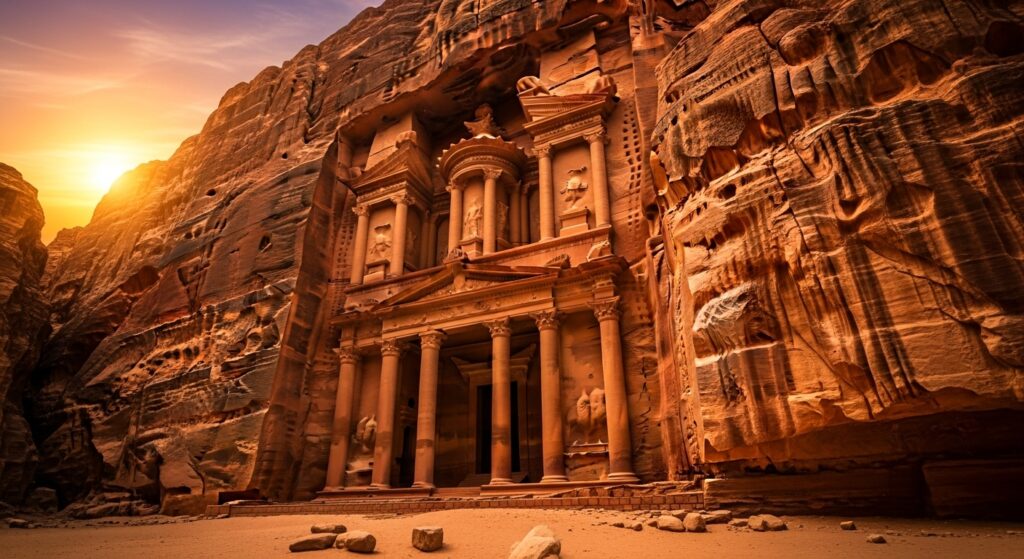
Starfish: Masters of Regeneration
Starfish (sea stars) can regenerate lost limbs—and in some species, even entire bodies. A single arm can regrow the whole organism if part of the central disc remains.
Regeneration benefits include:
- Escaping predators
- Recovering from injury
- Reproducing asexually
This incredible adaptation makes starfish unique among marine creatures.
The Liver: The Body’s Largest Internal Organ
The liver is a multitasking organ responsible for over 500 essential functions. It filters toxins, produces bile, regulates blood sugar, breaks down fats, and stores vitamins.
The liver’s superpowers include:
- Regeneration (it can regrow itself)
- Detoxification
- Protein synthesis
- Immune system support
Its importance is unmatched among internal organs.
Greece: Birthplace of the Olympic Games
The Olympic Games originated in ancient Olympia, Greece, in 776 BCE. These athletic competitions honored Zeus and laid the foundation for modern sportsmanship and international sporting culture.
Ancient events included:
- Discus
- Wrestling
- Long jump
- Running races
The Olympic flame and symbols are inspired directly by Greek tradition.
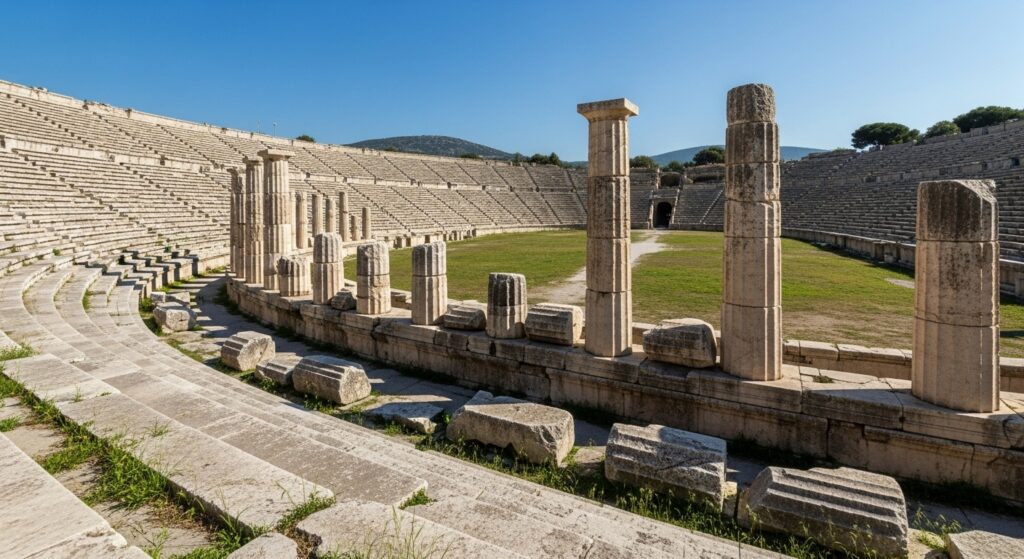
Copper: The Metal That Powers the World
Copper is the most common metal used in electrical wiring because it is:
- Highly conductive
- Ductile (easy to bend)
- Durable
- Resistant to corrosion
Its use spans:
- Electronics
- Power grids
- Motors
- Transformers
- Renewable energy systems
Without copper, modern technology would not exist as we know it.
Africa: The Continent of Languages
Africa is the most linguistically diverse continent on Earth, with over 2,000 recognized languages. Countries like Nigeria alone have over 500 languages.
Reasons for high diversity:
- Long human history
- Distinct tribal cultures
- Geographic and cultural separation
- Hundreds of ethnic groups
This linguistic richness reflects deep cultural heritage.
The Moon: Earth’s Natural Satellite
The Moon influences ocean tides, stabilizes Earth’s rotation, and provides light at night. It is the only natural satellite orbiting Earth and was formed around 4.5 billion years ago, likely from a massive planetary collision.
Key facts:
- Humans first landed in 1969
- The same side always faces Earth
- No atmosphere means no sound or weather
The Moon remains crucial for scientific study and future space exploration.
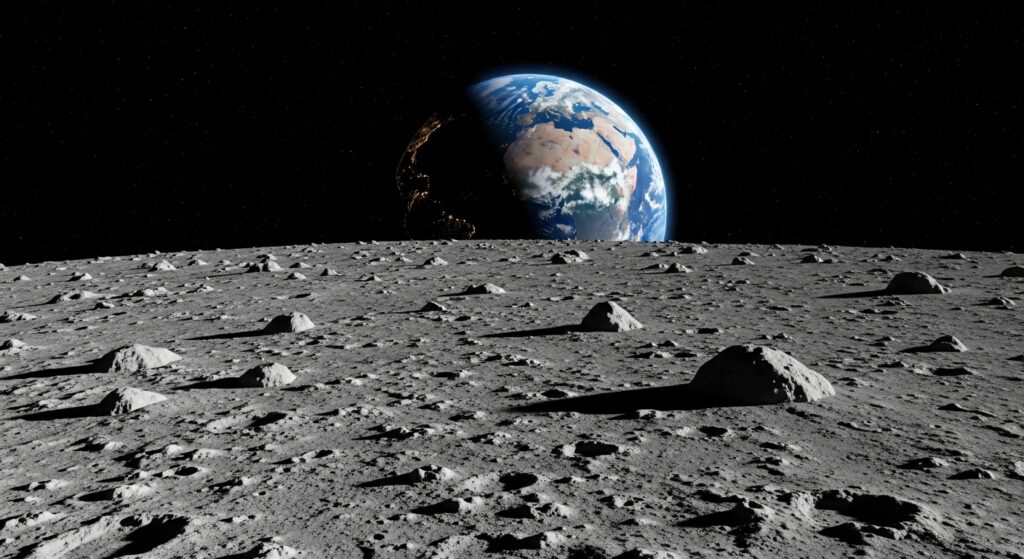
Water’s Boiling Point: A Basic Scientific Fact
Water boils at 100°C at sea level. This basic fact forms the foundation of cooking, chemistry, physics, meteorology, and everyday life.
Boiling point changes with altitude:
- Higher altitude → lower boiling point
- Lower altitude → higher boiling point
This is why cooking takes longer in the mountains.
This Simple General Knowledge Quiz Teaches Big Lessons
A simple general knowledge quiz may seem easy, but it covers essential facts that everyone should know. These questions reveal how much you truly understand about the world—from planets and history to biology and geography.
Taking quizzes like this daily keeps your brain active, strengthens memory, and builds confidence in your knowledge. Simple questions can provide deep learning, and curiosity is the key to growing your mind.

